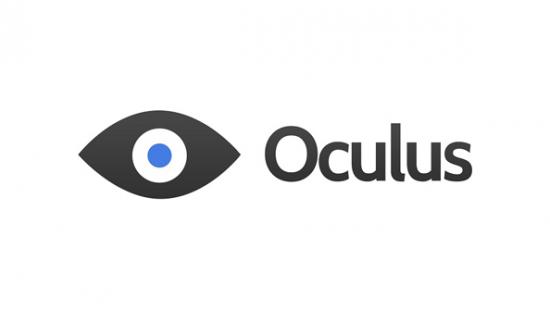Oculus expanded a couple of times after the Rift was first Kickstarted, and have multiplied again since we learned of plans for Facebook to buy Oculus VR back in March. The firm footing provided by Zuckerberg and co. has allowed the company to swell to over 200 engineers – and to stuff more brains into research.
Since Facebook’s $2 billion buyout, Oculus have embarked on a massive recruitment drive to build an R&D department alongside the product team working towards a shop-ready Oculus Rift.
“Typically it’s hard for a startup to have a whole separate research group while you also have a product group,” said Iribe at a Web Summit conference in Dublin attended by The Guardian. “Now with Facebook’s partnership it’s been incredible who we’ve been able to bring on board, and we now have one of the best research groups in the world.”
Oculus VR has grown from 50 staff at the start of 2014 to more than 200 today.
“We’ve attracted some of the very best, top-talent engineers in the industry,” said Iribe. “It’s been a very exciting time for us to partner with such a big company and really supercharge our effort to make [VR] a reality.”
The CEO said that Oculus still didn’t know what the Rift’s “killer application” was going to be. He suggested that it might be face-to-face communication, but suspects that the answer will lie in gaming.
“One that really resonates with most of us internally, and a long-term vision, is [that] this is going to have a big rooting in gaming,” he said. “There’ll be a market of a lot of really fun entertainment experiences where you’ll feel like you’re in the game, and it’s going to be awesome.”
Zuckerberg wants to sell 50-100 million Oculus Rifts – the bare minimum, in his view, if VR is going to have a “meaningful” impact on computing.
Last week, we heard the considered opinion of Hollywood titan James Cameron on VR – it’s “a yawn”, apparently. What’s your take on the Rift?
